Question And Answer
Publications
Articles, publications, books, tools and multimedia features from the U.S. Institute of Peace provide the latest news, analysis, research findings, practitioner guides and reports, all related to the conflict zones and issues that are at the center of the Institute’s work to prevent and reduce violent conflict.
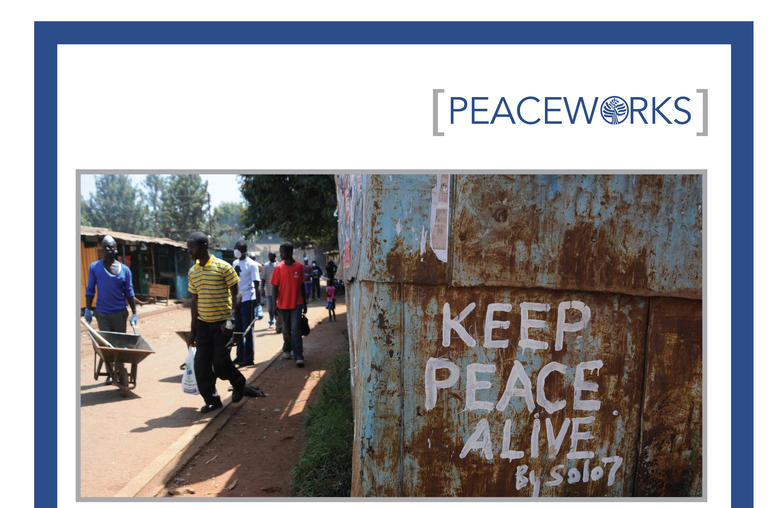
Elections and Violent Conflict in Kenya: Making Prevention Stick
To prevent a recurrence of the widespread violence that left 1,100 dead and 650,000 displaced in the aftermath of the December 2007 Kenyan elections, Kenya and the broader international community initiated a multifaceted peacebuilding effort in the lead-up to the country’s March 2013 elections.
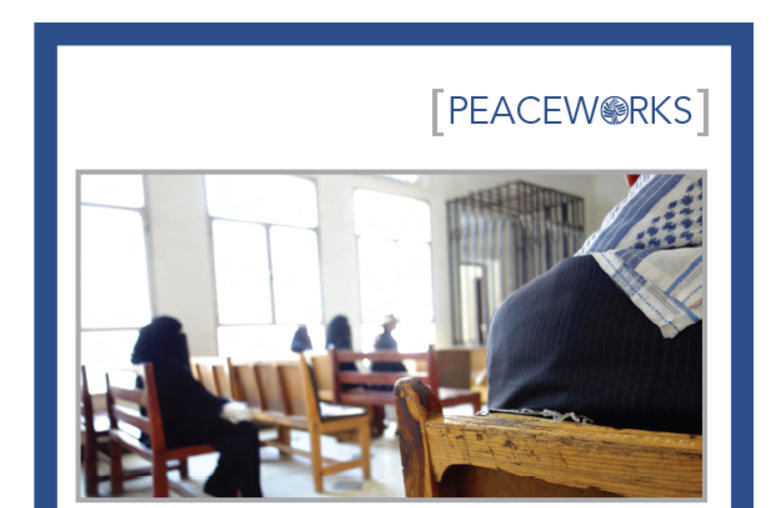
Justice in Transition in Yemen
This research is part of a three-year United States Institute of Peace (USIP) project that explores how Yemen’s rule of law and local justice and security issues have been affected in the post-Arab Spring transition period. A complement to other analytical and thematic pieces, this large-scale mapping provides data on factors influencing justice provision in half of Yemen’s governorates. Its goal is to support more responsive programming and justice sector reform. Field research was managed b...
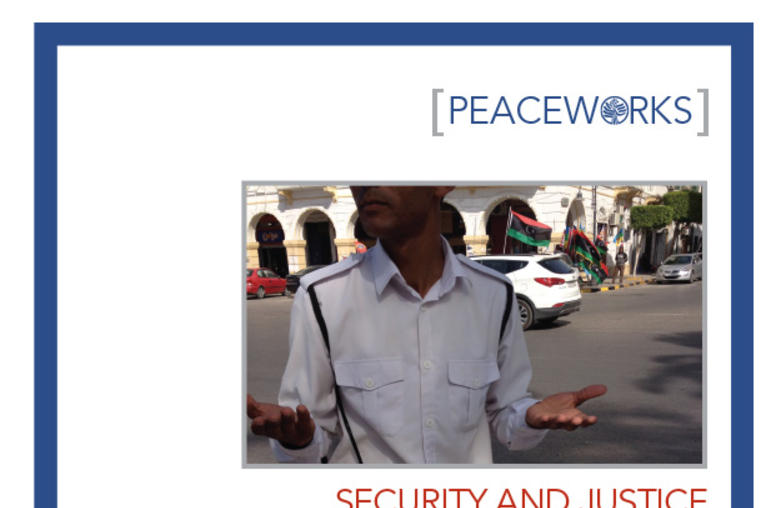
Security and Justice in Post-Revolution Libya
Three years after the death of Muammar Qaddafi and the end of the revolution in Libya, security and justice are stalled and elusive despite the proliferation of security providers. The power of the gun prevails over the rule of law. Many see no end in sight. Based on a nationwide survey and drawn from interviews and focus group sessions, this report—supported by the USIP and the Small Arms Survey—tracks security and justice in Libya from before the revolution through today, its realities, and...
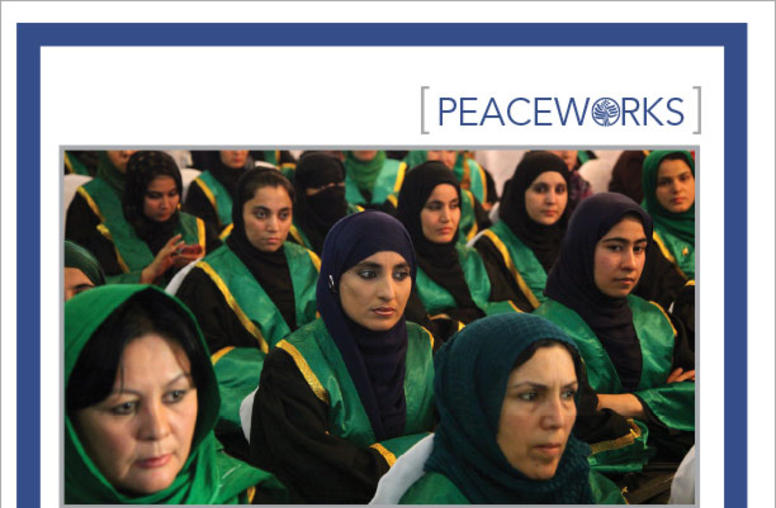
Women's Access to Justice in Afghanistan
Since the fall of the Taliban in 2002, gains in women’s rights and access to justice in Afghanistan have been remarkable, yet women’s rights remain extremely limited. How do women in Afghanistan seek justice when their rights are violated? What barriers do they face in pursuing justice or receiving a fair outcome? This report draws on interviews and focus group discussions held in Afghanistan in 2011 and 2012 to determine answers to these and related questions and to recommend ways forward. ...
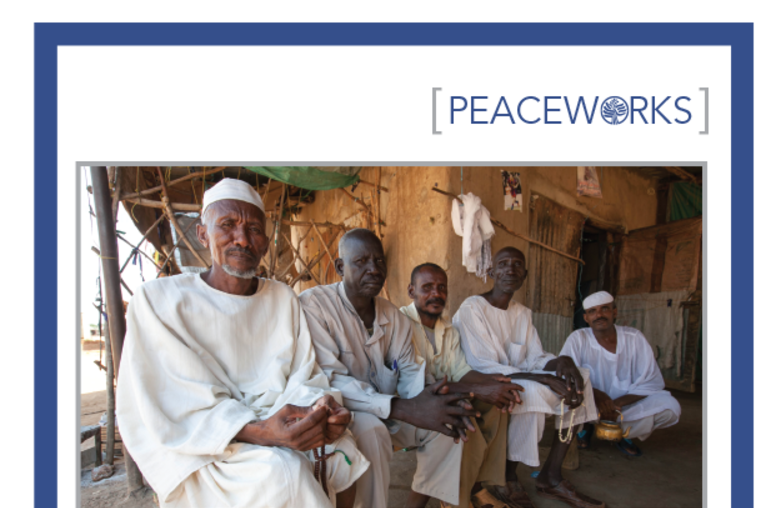
Local Peace Processes in Sudan and South Sudan
Sudan and South Sudan have seen numerous local peacebuilding efforts in recent years, yet violence continues largely unabated. Using the Western Corridor as a case study, this report outlines the importance of understanding and improving local peace processes through an architecture that begins with conflict analysis, entails a common vision, and focuses on achieving specific objectives. Also essential to the success of the process is including the right people—those with authority, with know...
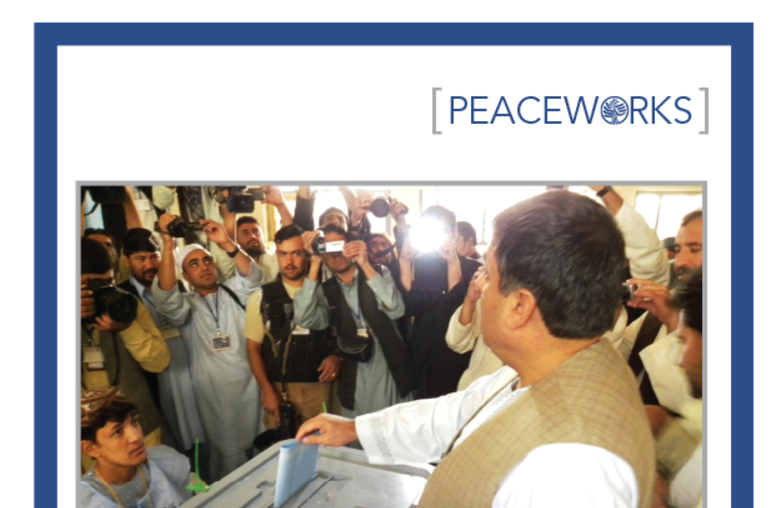
The Taliban and the 2014 Elections in Afghanistan
The international community and Afghan political leaders alike see the 2014 Afghan national elections as crucial for the continuation of political stability in Afghanistan and for the success of the past decade’s statebuilding effort there. A major factor in determining the success or failure of these elections will be how the Taliban approach them, now that it is clear that the insurgent group has not been brought to the edge of defeat by the 2010 –11 surge in the south.
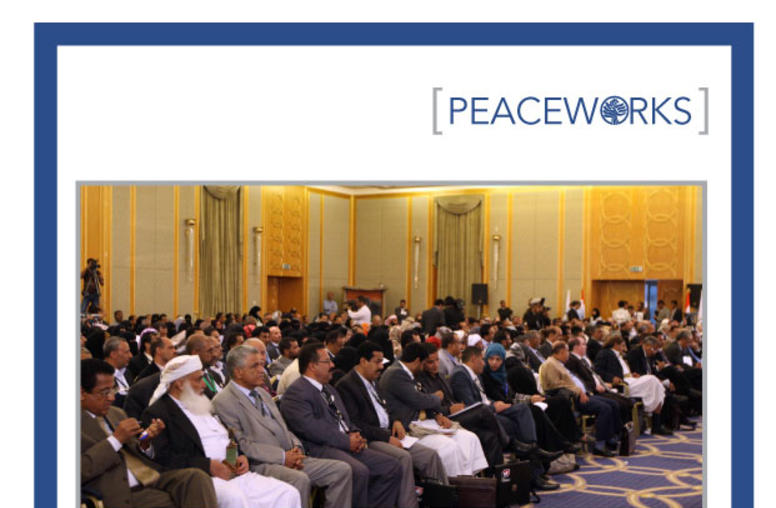
Yemen in Transition: Between Fragmentation and Transformation
A combination of a domestic balance of weakness and concerted international mediation efforts moved Yemen away from the brink of civil war. Yet it must still bridge deep divisions among its many factions if its negotiated transition is to last.
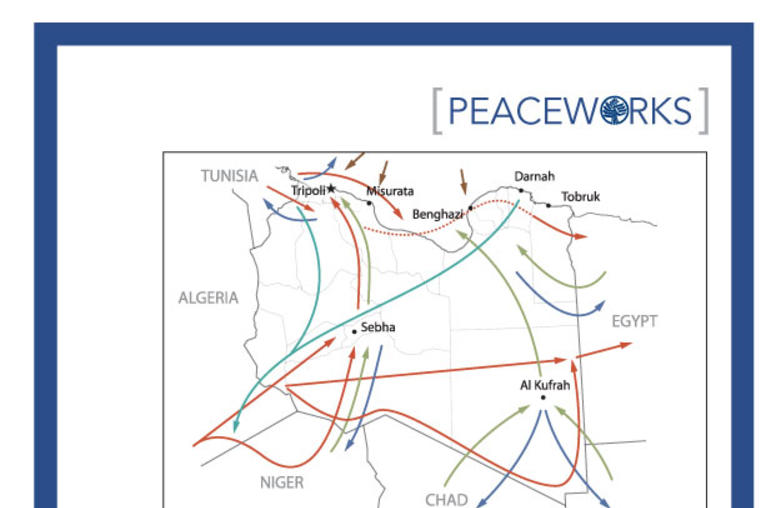
Illicit Trafficking and Libya’s Transition: Profits and Losses
As Libya emerges from forty years of autocratic rule, the criminal economy is undermining government efforts at state consolidation. This report maps the flow of weapons, migrants, drugs, and smuggled goods through Libya and details the interactions between armed groups who control illicit markets and local communities. The authors warn that efforts to beef up border control policing will not be sufficient. Combating organized crime in Libya requires a broader approach that will engage margin...
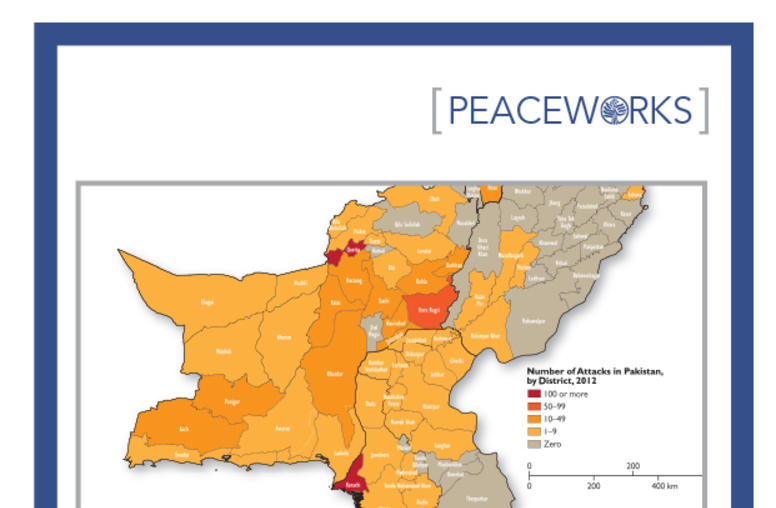
Mapping Conflict Trends in Pakistan
Over the past decade, violence has become endemic in many parts of Pakistan. This report examines the trajectory of violence and the range of conflicts in six troubled regions. The authors conclude that if existing socioeconomic conditions persist and the state continues to fail to deliver public services, justice, and security, Pakistan could face further escalation of violence and lawlessness.
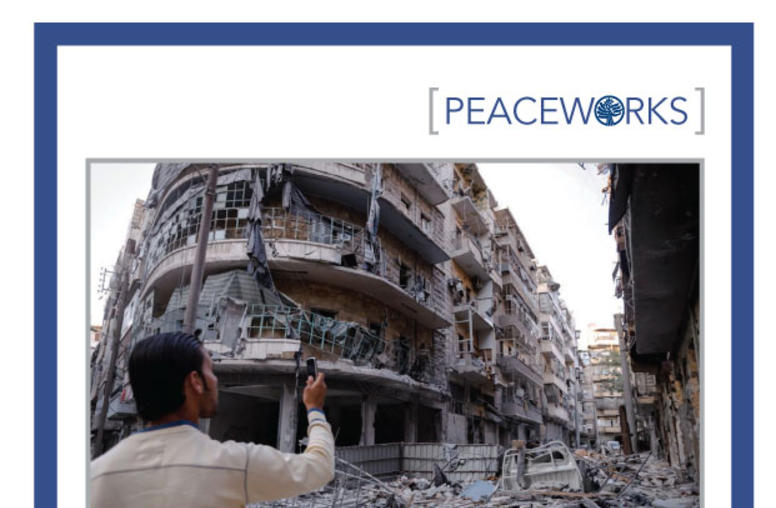
Syria’s Socially Mediated Civil War
Much of what the outside world thinks it knows about Syria has come from videos, analysis, and commentary circulated through social media. In the report, leading social media researchers assess the sources of this content, its credibility, and how it travels. Their examination of English-language and Arabic-language Twitter feeds on Syria reveal insular networks with vastly different content, calling into question Western reliance on English-only sources of information on the conflict.